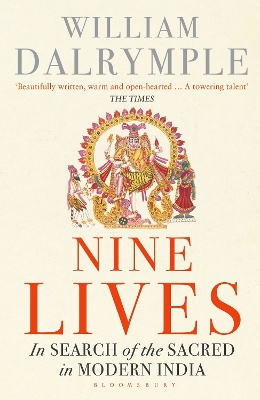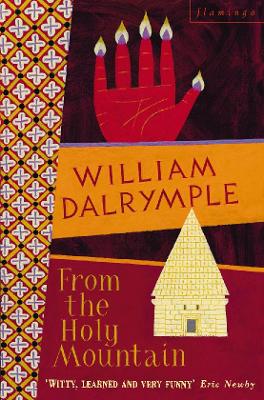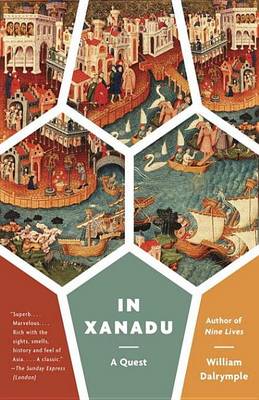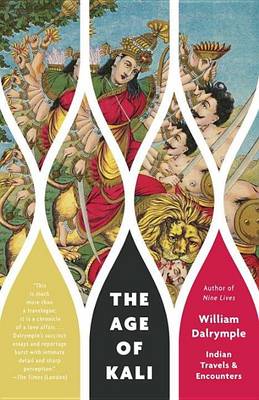Vintage Departures
4 total works
Exquisite and mesmerising, and told with an almost biblical simplicity, William Dalrymple's first travel book in over a decade explores how traditional forms of religious life in South Asia have been transformed in the region's rapid change. A distillation of twenty-five years of exploring India and writing about its religious traditions, Nine Lives is a modern Indian Canterbury Tales.
A rich blend of history and spirituality, adventure and politics, laced with the thread of black comedy familiar to readers of William Dalrymple's previous work.
In AD 587, two monks, John Moschos and Sophronius the Sophist, embarked on an extraordinary journey across the Byzantine world, from the shores of the Bosphorus to the sand dunes of Egypt. Their aim: to collect the wisdom of the sages and mystics of the Byzantine East before their fragile world shattered under the eruption of Islam. Almost 1500 years later, using the writings of John Moschos as his guide, William Dalrymple set off to retrace their footsteps.
Taking in a civil war in Turkey, the ruins of Beirut, the tensions of the West Bank and a fundamentalist uprising in Egypt, William Dalrymple's account is a stirring elegy to the dying civilisation of Eastern Christianity.
One of the most successful, influential and acclaimed travel books of recent years from the author of `Return of a King', which has been shortlisted for the Samuel Johnson prize.
At the age of twenty-two, William Dalrymple left his college in Cambridge to travel to the ruins of Kublai Khan's stately pleasure dome in Xanadu. This is an account of a quest which took him and his companions across the width of Asia, along dusty, forgotten roads, through villages and cities full of unexpected hospitality and wildly improbable escapades, to Coleridge's Xanadu itself.
At once funny and knowledgeable, In Xanadu is in the finest tradition of British travel writing. Told with an exhilarating blend of eloquence, wit, poetry and delight, it is already established as a classic of its kind.



